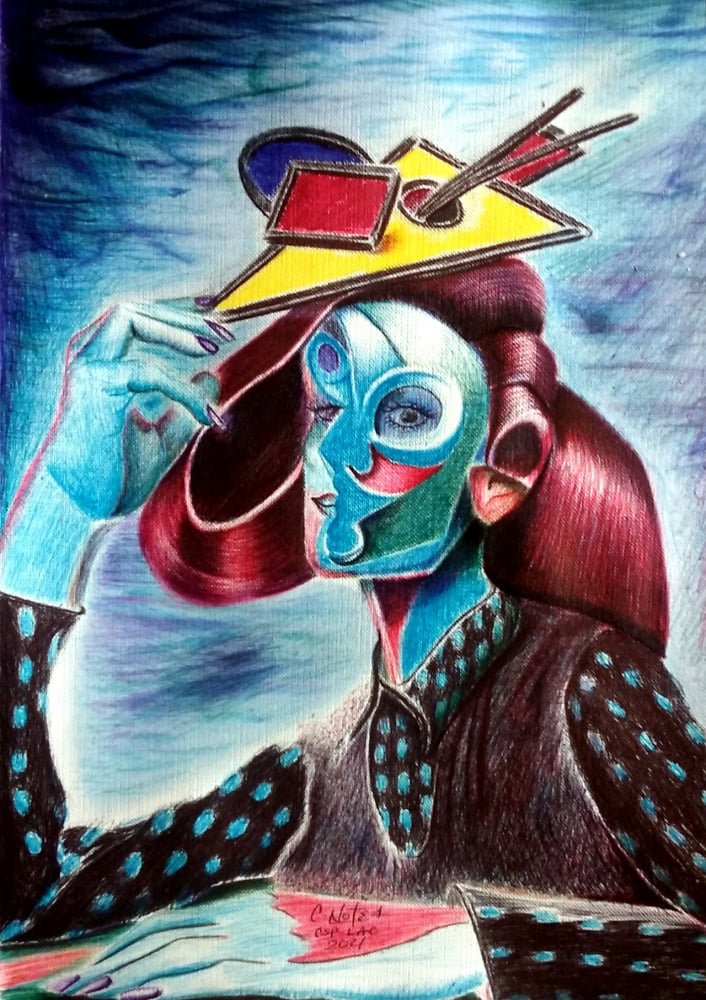
SAUGERTIES, N.Y. — Screenwriters including best-selling author Neil Gaiman and former Daily Show with John Stewart writer Jo Miller discussed the recently ended Writers Guild of America (WGA) strike during a panel at White Feather Farm Saturday.
Gaiman and Miller were joined by Dana Weissman, director of programs at the Writers Guild of America East in the panel hosted by film reviewer and critic Thelma Adams, who has penned reviews for The New York Post, Us Weekly and AARP.org.
Looking back on the strike, Weissman said a lot has changed in the last three years since the WGA negotiated its last contract as streaming continues to claw audiences away from traditional linear TV and artificial intelligence presents a threat, not only to writers but also the actors in the 50,000 member Screen Actors Guild – American Federation of Television and Radio Artists who still remain on strike.
Weissman said when WGA went to the table with executives from both the traditional entertainment giants and tech giants such as Apple, Amazon and Netflix, the terms being negotiated were “existential.”
“We were across the table with lawyers from Silicon Valley,” she said. “The negotiators said they didn’t even understand how TV works.”
Gaiman, a best-selling author and showrunner and executive producer of the recent DC Comics and Netflix series “The Sandman,” said he believes executives expected a strike but didn’t realize it would last so long.
“They thought we’d be back after Labor Day,” he said.
Gaiman said about 10 years ago the writers gave the streamers plenty of leeway when they were just starting to come on the scene.
“They told us then they couldn’t pay us the residuals the networks did,” he said, referring to the payments writers receive from shows each time they appear.
Miller said before the dominance of streaming, the residuals could allow for a solid middle or even upper-middle-class living for writers.
Gaiman said even when “Sandman” became the most-watched show in the world on Netflix, he saw no such benefit.
“It was the same if you were the most watched or least watched show,” he said.
Gaiman, Weissman and Miller all cringed at how their work is now simply labeled “content” and not art by studio and tech executives.
Weissman said writers won many protections, including AI in the new contract. She believes striking was the only way the union got the contract they received.
She said she’s never seen such interest and support for unions in the public, pointing to support for autoworkers on strike at the Big Three, big contract wins for Teamsters at UPS, ongoing support for the SAG-AFTRA, and successful unionization efforts in non-traditional industries like a number of Starbucks stores.
The audience, which had a large amount of union members, cheered at every victory for organized labor.
Miller recalled her own experience being part of a successful unionization effort at “The Daily Show”
Weissman noted that social media proved to be a very effective form of messaging as they went up against three separate public relations firms hired by studio management and worked to control the message even when many news media outlets were under the control of the same media conglomerates they battled.
Gaiman added that writers took advantage of their skills to craft clever picket signs with statements like “Abortion Rights are Labor Rights,” that not only became rallying calls for members but also attracted attention amongst the public.
Weissman said their efforts sometimes stretched as late as 2 to 3 a.m. when studios tried to film late to try to break the strike.
When studio executives tried to turn to writers in Britain, they found they were also union and they refused to work.
The panelists also touched on the status of the streaming industry after fielding questions from the audience. The “gold rush” of shows with extravagant budgets like “Games of Thrones” and the model of throwing as much “spaghetti at the wall” to see what sticks is over, Gaiman noted.
Gaiman said with this streaming “gold rush” over, he believes the new contract will give writers the power and flexibility to be involved with streaming series from start to finish and not just early in production. He said this will allow quality to be emphasized over mere quantity.
All three panelists agreed that staying together was and will be key.
“Solidarity is everything,” Weissman said.
This post was originally published on this site be sure to check out more of their content.









